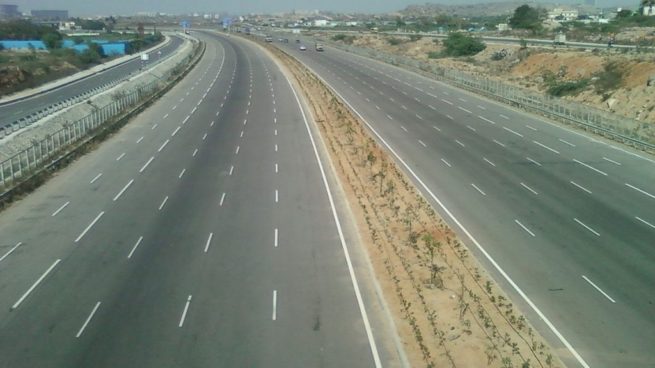Self healing roads use a new kind of asphalt that repairs itself
The National Highways Authority of India (NHAI) is gearing up to introduce a potentially game-changing technology aimed at revolutionising road maintenance across the country. This groundbreaking initiative involves the implementation of self-healing roads, utilising an innovative type of asphalt infused with steel fibres and bitumen.
The concept behind this technology is intriguing – should a gap or pothole emerge on the road surface, the infused bitumen, along with the steel threads, would work in tandem to automatically fill and repair the damage. NHAI officials are optimistic about the potential of this approach to effectively address the persistent issue of potholes, which has long been a significant contributor to road accidents and fatalities in India.
While the specifics regarding the speed at which this self-repair process would occur remain unclear, the underlying principle holds promise for significantly enhancing road durability and minimising the traffic disruptions caused by potholes.
In discussing the initiative, a senior government official emphasised the agency’s commitment to exploring innovative and unconventional methods aimed at improving infrastructure resilience. However, it’s worth noting that the government intends to conduct a thorough cost-benefit analysis of the project before greenlighting its implementation – a step to ensure sound fiscal management and effective resource allocation.
Asphalt, the primary material used for road construction, is lauded for its sustainability and versatility. Its widespread application extends beyond highways to encompass airport runways, parking lots and driveways, offering not only durability but also a smooth and quiet ride experience.
Despite its many advantages, conventional asphalt is susceptible to deterioration over time, leading to the formation of cracks and ultimately hazardous potholes. The proposed self-healing technology seeks to mitigate this degradation, potentially extending the lifespan of roads and bolstering overall infrastructure resilience.
The process of asphalt application involves a blend of aggregates, binder and filler, delivered to the construction site via specialised vehicles and compacted using heavy machinery – a well-established practice that has underpinned road construction for decades.
In embracing this innovative approach to road maintenance, NHAI aims to address a longstanding challenge while leveraging technology to enhance infrastructure sustainability and safety. As with any ambitious endeavour, thorough evaluation and assessment will be essential to ensure the successful realisation of these objectives.

